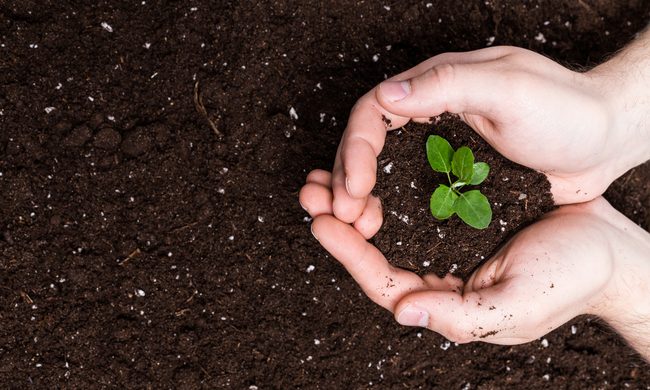Getting the most out of your garden means learning about the unique social composition and atmospheric qualities of where you live. Choosing the best fertilizer depends on these and other factors, such as whether you would like to use organic or inorganic products. Knowing different fertilizer types and their uses will make you a more savvy and effective gardener.
While some gardeners do not use any fertilizer products at all, others rely on these to make their gardens grow the way they want to. Gardening, like many other aspects of home care, is very personal. You can follow the advice of others, but at the end of the day, it’s your landscape, and you can manage it any way you like. Gardening is a joy because it offers you a great deal of freedom and control. OK, let’s jump into the topic at hand.
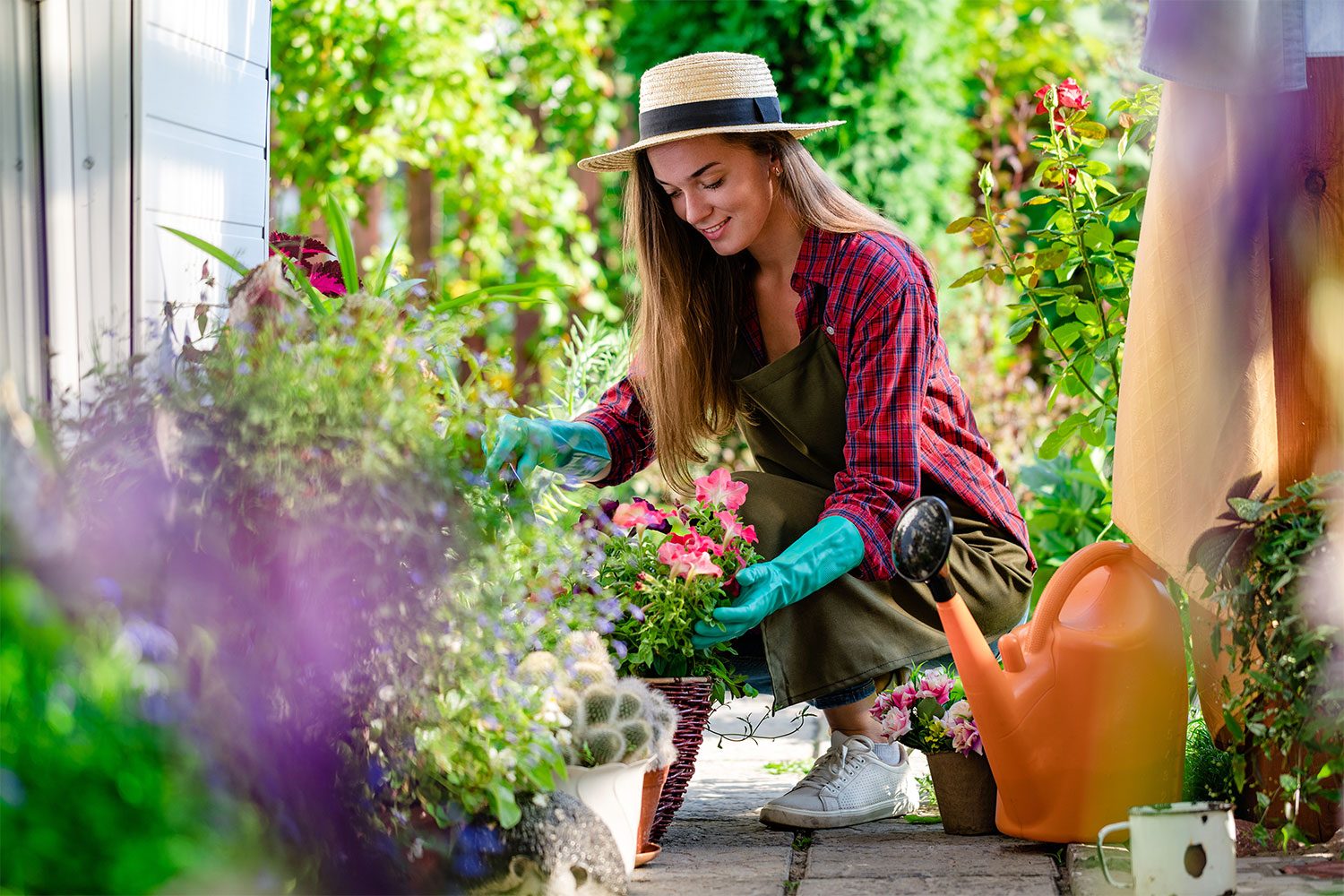
What are the three main types of fertilizers?
The first decision you will want to make when planning to purchase fertilizer for your garden is whether you would like to use organic or inorganic (also sometimes referred to as a non-organic) product. There are advantages and disadvantages to either product category.
Organic fertilizers are totally natural products. It can be argued that they are more sustainable and environmentally friendly in most cases. If you are planning to eat the plants you grow, choosing organic could be a healthy choice. That said, organic fertilizers are sometimes considered less potent than their chemically-enhanced competitors.
Non-organic fertilizers are often more expensive than their organic counterparts. They can also upset the natural pH and mineral content of the soil in your yard. That being said, inorganic fertilizers are prized for reviving dying plants by quickly delivering vital nutrients to them. Additionally, some gardeners feel they get a more consistent output using inorganic fertilizers.
In general, there are a variety of inorganic and organic fertilizers available to meet the needs of any gardener. This product category is further distinguished by three main fertilizer types: Nitrogen, phosphorus, and potassium-based products.
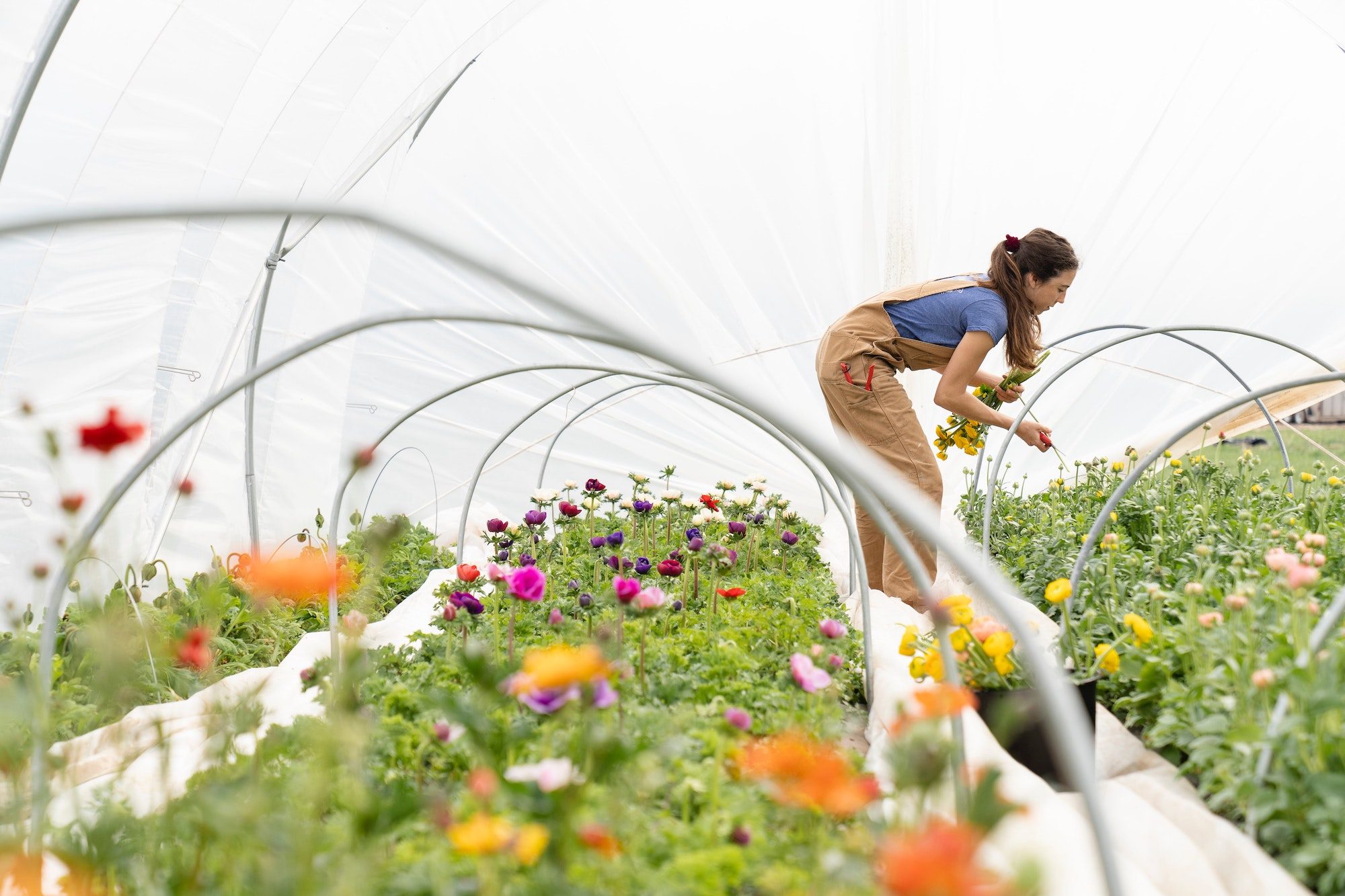
Nitrogen fertilizers
Nitrogen products are typically used during the middle phase of the growing cycle. This means that as your plant has already sprouted and started to develop, these products can supercharge growth and promote vitality. There are both inorganic and organic nitrogen-based products available.
Phosphate fertilizers
Phosphorus is essential for healthy plant growth and can be useful in all phases of the growth cycle. Plants with proper phosphate balance grow to their fullest potential. This mineral is especially beneficial for the seeding, flowering, and fruiting phases of growth.
Potassium fertilizers
If you’ve noticed yellowed or browned leaves on your plants, they might be deficient in potassium. This mineral plays an essential role in allowing your plants’ roots to become strong and hearty. Potassium also plays a role in making plants resistant to illness.
How do I fertilize my vegetable garden organically?
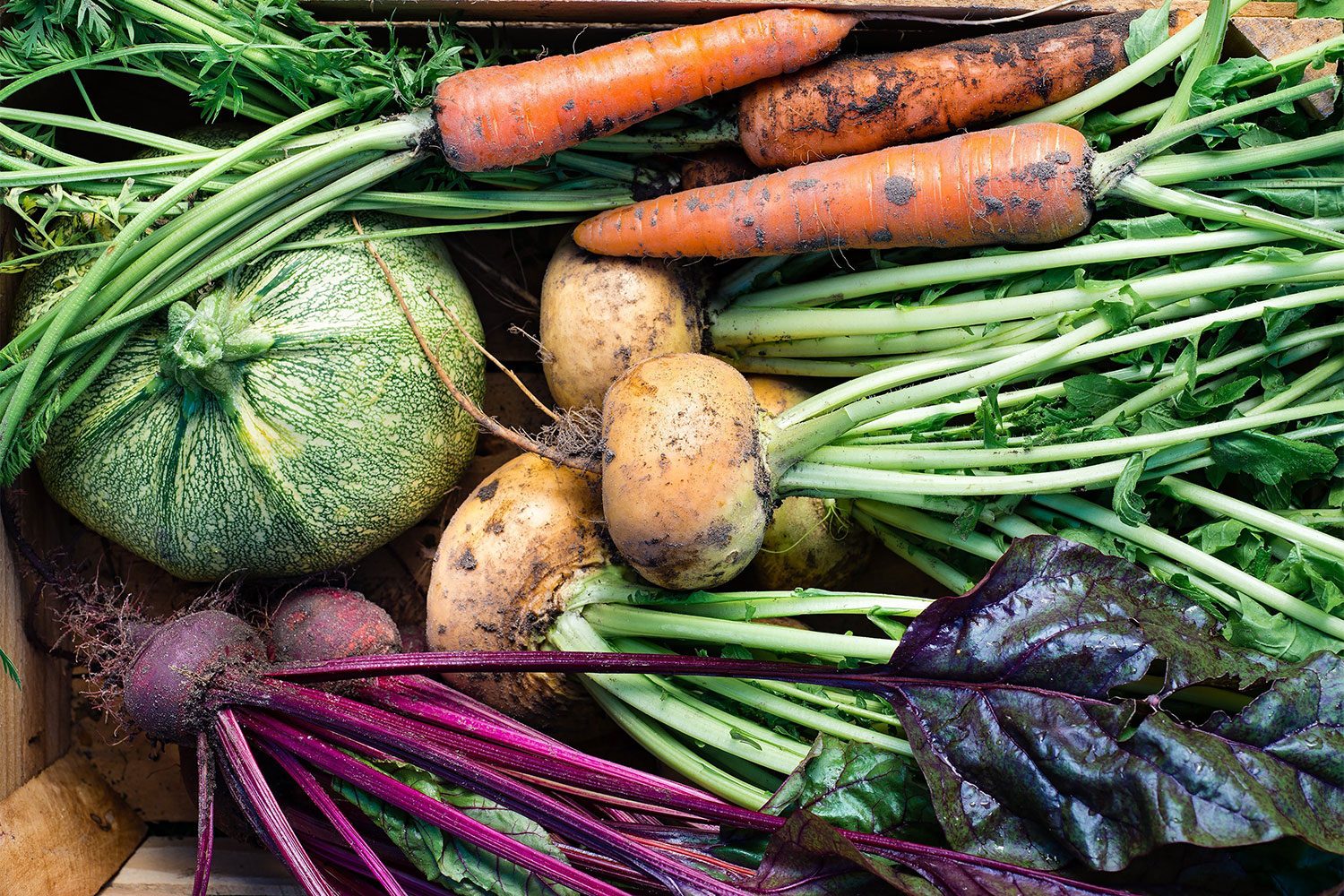
Typically, organic fertilizer is applied to the soil of your plants every two weeks to every four weeks during the growing season. You will want to mix it into the soil, not let it clump on top. Any product you purchase will have clear instructions on how the manufacturers intend for you to use it for optimal results.
What is the best fertilizer for your garden?
The best fertilizer for your garden is the one that matches the needs of your specific climate and landscape. Knowing your growing region can be helpful. It can also help to know the natural pH and mineral content of your area. Choosing a fertilizer requires you to think not in terms of the best single product but in terms of, “What is the best product for my unique situation?”
Can plants grow in just fertilizer?
Many types of plants do not require fertilizer at all. Unfortunately, it is not really possible to reliably grow plants with only fertilizer. While this product is not essential, it can help many plants to achieve greater states of growth and vibrancy.
Get out there and start planting
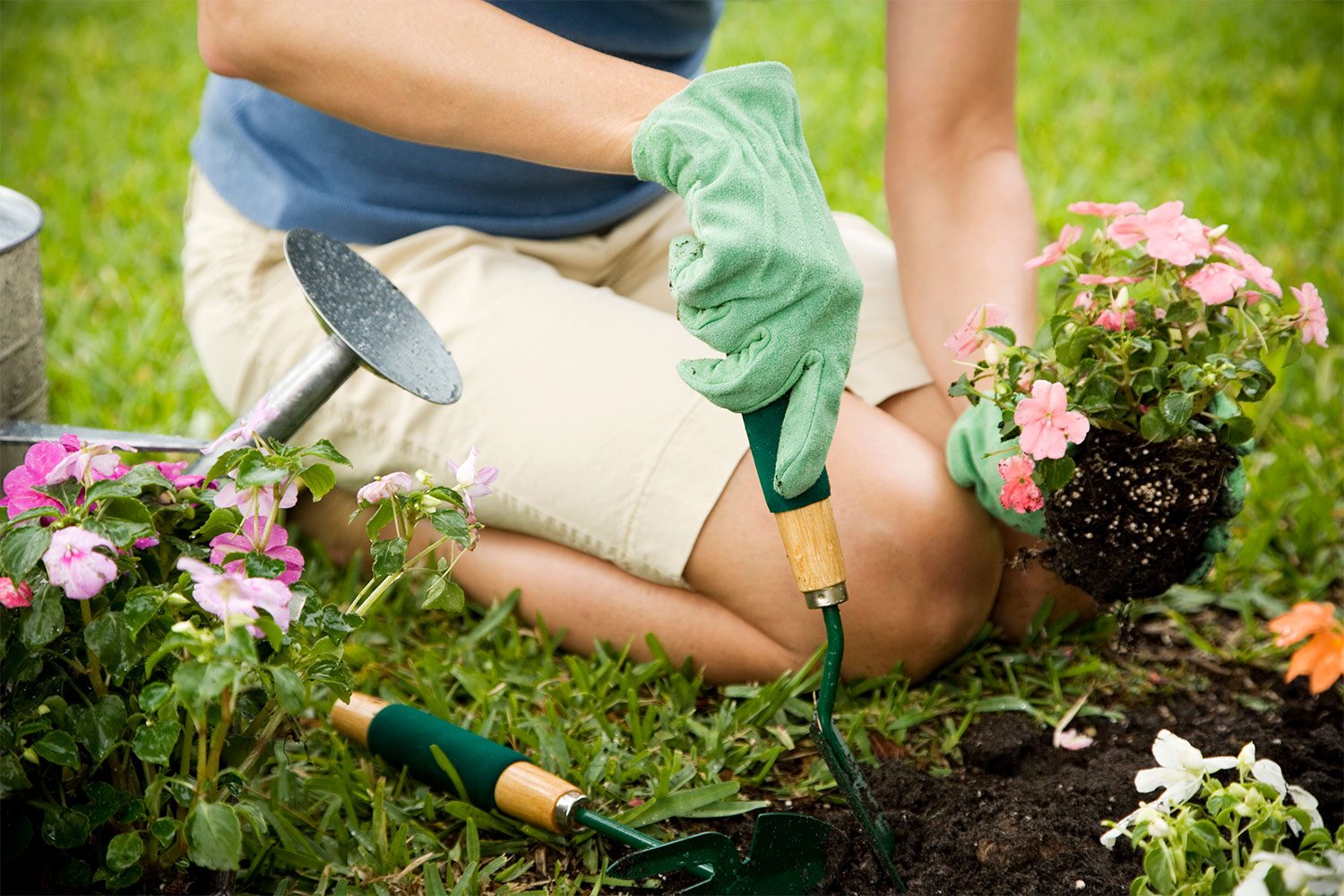
Planning your garden can be a very fun and rewarding pastime. As you make plans and purchase your essentials, it really feels special when you finally get to start to see everything coming together. Few feelings are more rewarding than coming home to a show-stopping garden. Whether you grow simply to feed your household or to impress the neighborhood, the joy of gardening is one of life’s true pleasures.
It can be tough to learn everything there is to know about planting a garden in just one season. However, if you speak with professionals at your local garden center and other successful gardeners in your area, you will quickly develop your skills. Even if you have trouble achieving everything you set out to do, gardening is always a learning experience. With time and review, your skills will improve.
Fertilizer is a useful product that is often referred to as plant food. While not every plant will require fertilizer, many will grow much better with the right mix of nutrients and minerals. Choosing the right fertilizer means knowing what is best for the unique environmental composition of your property. Even within certain growing regions, there can be many differences in pH, mineral content, and many other qualities that can affect the growth of plants.

